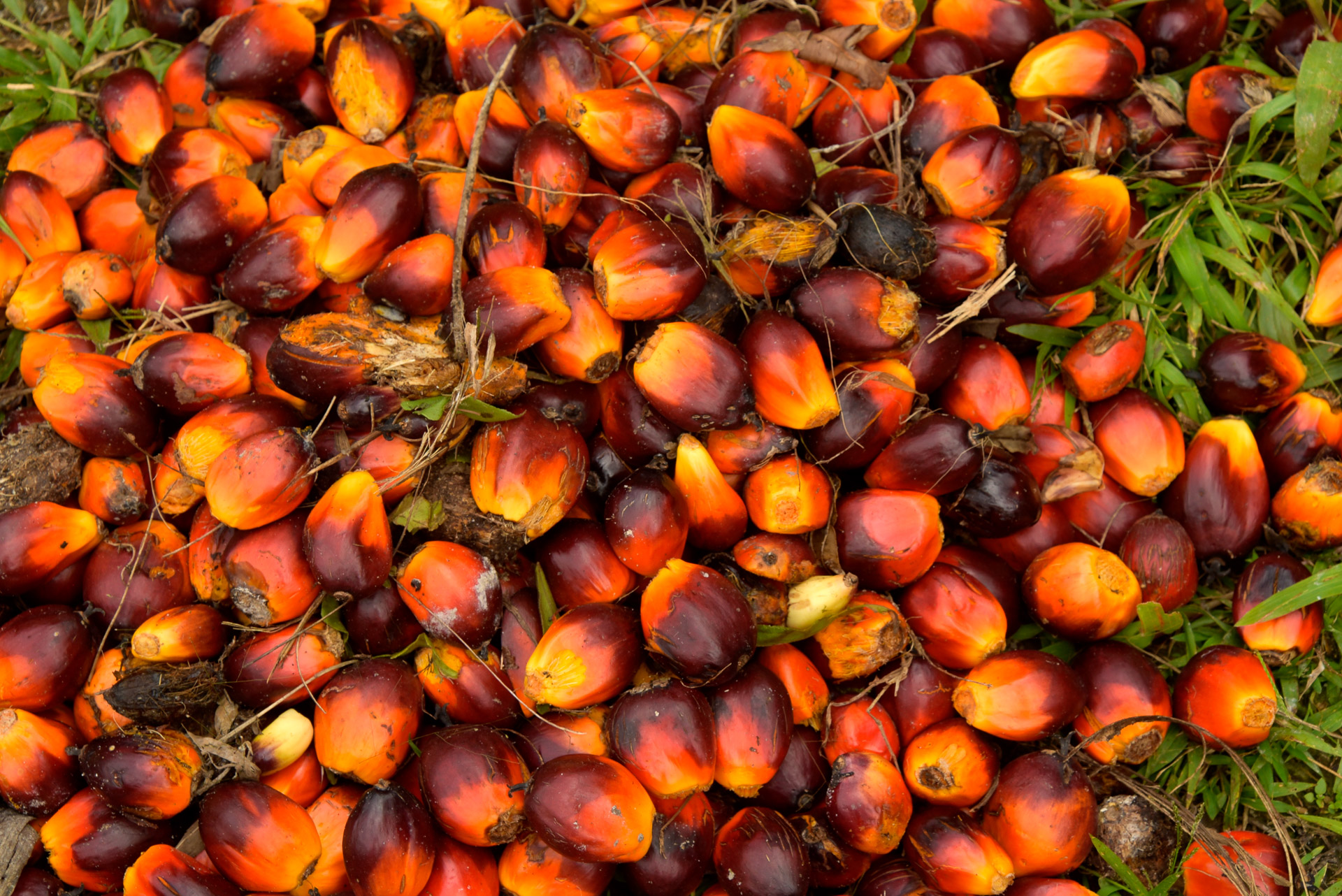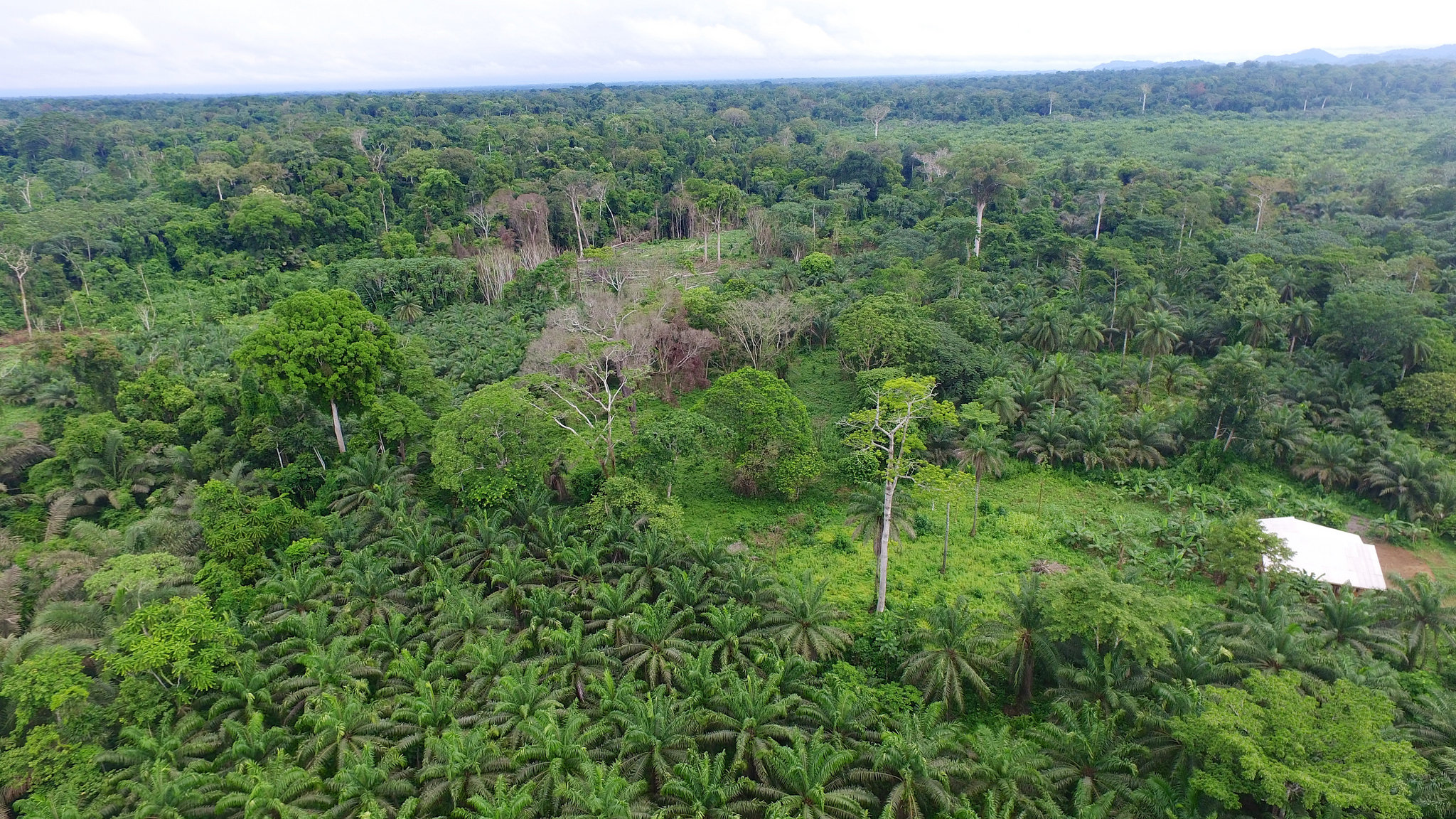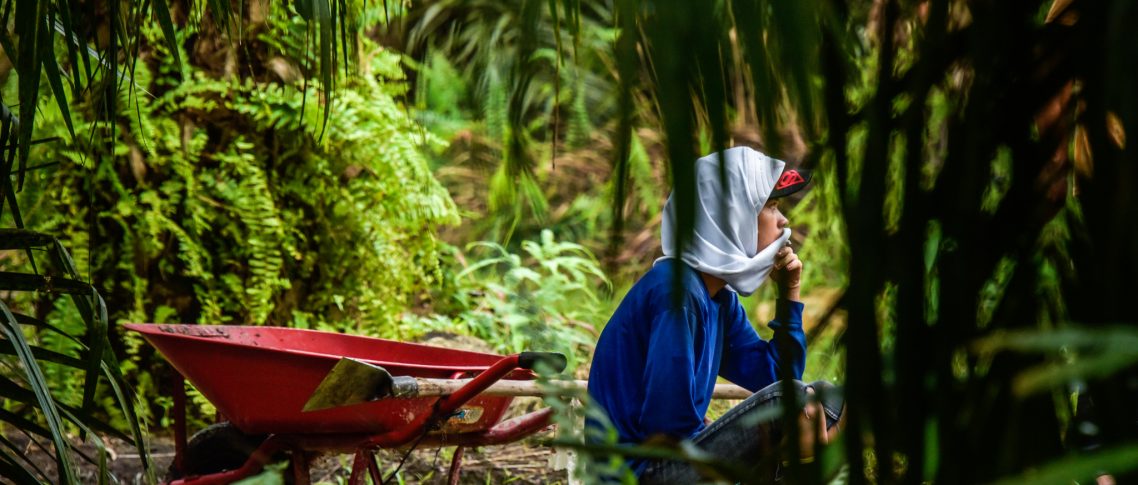The polemic around the expansion of oil palm plantations in the tropics continues, and increasingly involves consumers concerned with sustainability. At the core of the debate is the matter of hard trade-offs between conservation and development. Reconciling such trade-offs is still the major challenge facing governments and companies.
Available evidence suggests that palm oil production has contradictory impacts. It has positive impacts on both local and national economic growth, and in alleviating rural poverty. Yet plantations also drive social conflict in their development, and bring detriment to forests and peatlands as they expand, leading to negative impacts due to biodiversity loss and greenhouse gas (GHG) emissions.
The palm oil sector suffers from three performance issues, namely: land conflicts between local villagers and companies as well as immigrants, differences in yields between independent smallholders and industrial plantations, and a large carbon debt resulting from oil palm expansion into forestlands and peatlands. The challenge now is to find a way to ensure sustainable palm oil supply chains, in order to sustain economic gains while supporting conservation and climate action.
AIMING FOR CHANGE
Efforts are being made by governments, companies and civil society organizations on different fronts and at different levels to enhance the palm oil sector’s performance. Commitments to sustainability made by major palm oil companies have been accompanied by a more aggressive sustainability discourse by governments, and many civil society organizations have begun to play a new role as facilitators in the implementation of standards by companies, or as intermediaries between private and public actors.
In Indonesia, the previous government made important efforts to respond to the global climate change agenda, resulting in a moratorium on new licenses to develop primary forest or peatlands, which unfortunately in practice had limited impacts on reducing deforestation. The major corporate groups, through the Indonesian Palm Oil Pledge (IPOP) brought some new perspectives to halting deforestation through supply chain interventions, yet interestingly that triggered a strong political response from the government on the primacy of state regulations.
Two new fronts have since emerged. On one front, efforts are being made to enhance mandatory standards for sustainability by strengthening Indonesian Sustainable Palm Oil (ISPO) certification, accompanied by regulations on peatland intervention and restoration. On another front are efforts to safeguard the economic performance of the palm oil sector by expanding the domestic biodiesel market and applying subsidies to incentivize less competitive biodiesel production. In spite of strong arguments being made in favor of a social agenda, investments to support smallholders remain minimal.
An interesting turn of events has been the approval of an EU resolution suggesting that stronger constraints should apply to palm oil imports. This is not necessarily an opinion shared by some actors in Indonesia, who emphasize the importance of relying on national regulations. Signals have emerged that the government will be making the necessary steps to more fully embrace a sustainability framework. So far, the instrument for that seems to be a strengthened ISPO, with independent oversight. However, questions remain over the likely implementation costs, and institutional readiness at the local level.
The dispute over which rules to follow ... has brought to light competing notions of sustainability


